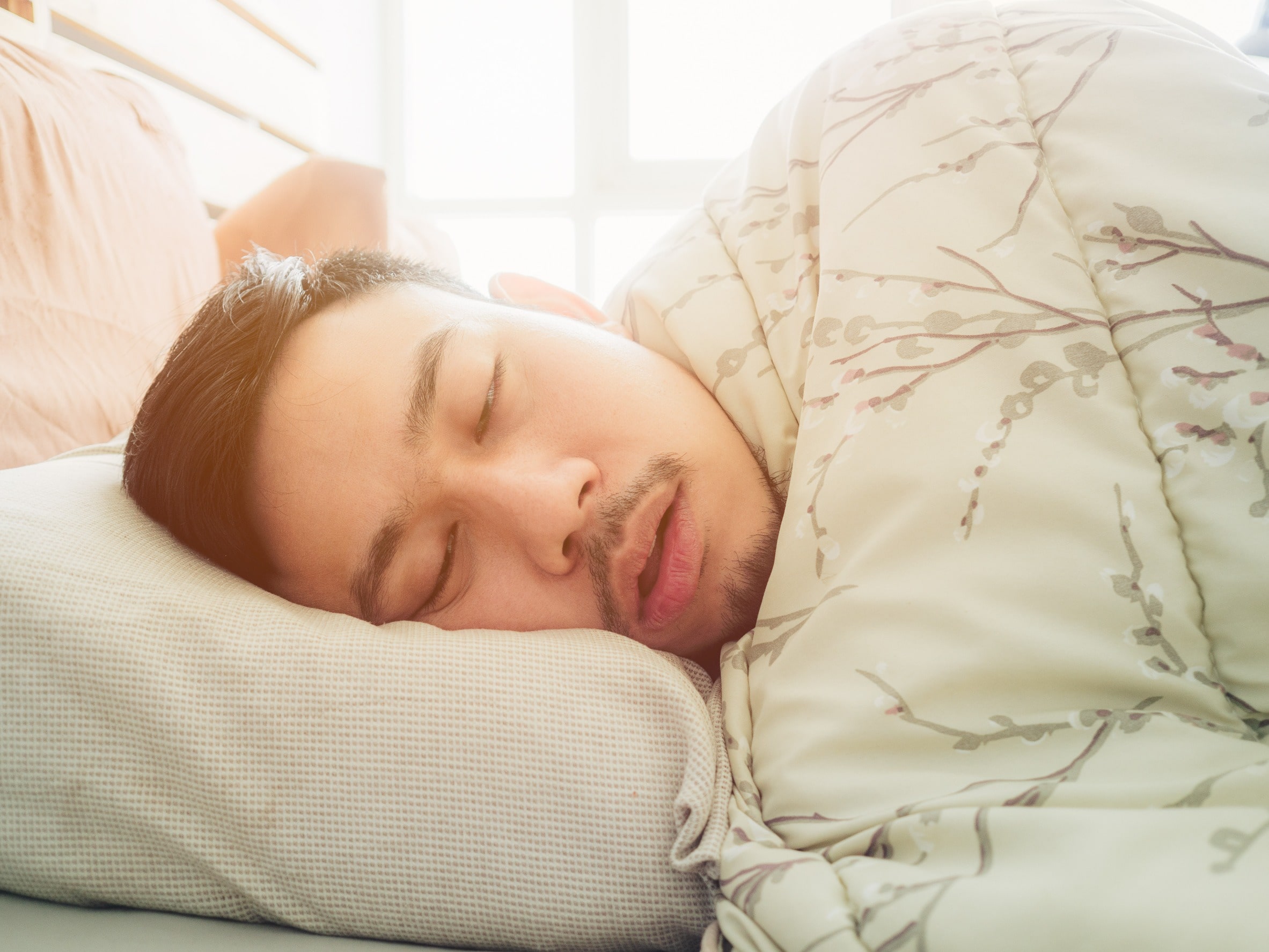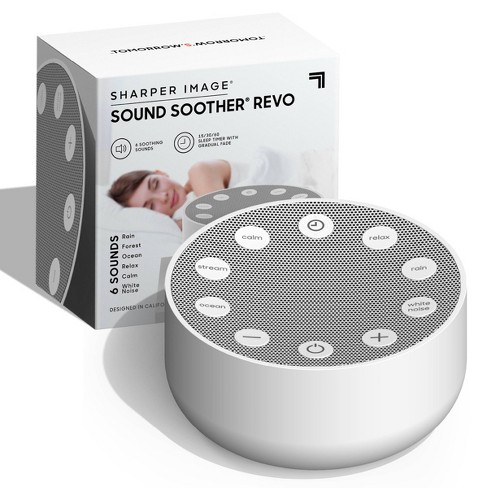Advanced Sleep Therapy - Attain Deep, Relaxed Sleep
Advanced Sleep Therapy - Attain Deep, Relaxed Sleep
Blog Article
Reliable Therapy Solutions for Handling Rest Disorders and Enhancing Peaceful Rest
In the world of healthcare, the monitoring of sleep conditions and the quest for relaxing sleep are critical components of total health. As we navigate the intricate landscape of rest disorders and seek to enhance our rest experience, a deeper understanding of these therapy options may hold the secret to opening a more relaxing and fulfilling corrective trip.
Cognitive Behavior Modification for Sleeplessness (CBT-I)
Cognitive Behavior Modification for Sleep Problems (CBT-I) is an organized, evidence-based treatment strategy that concentrates on attending to the hidden aspects contributing to sleep disturbances. This type of treatment aims to modify behaviors and thoughts that intensify insomnia, ultimately advertising healthy and balanced sleep patterns. CBT-I normally entails numerous crucial parts, consisting of cognitive therapy, rest limitation, stimulus control, and sleep health education.
Cognitive treatment aids individuals identify and transform adverse idea patterns and ideas regarding rest that might be impeding their ability to drop or remain asleep. Sleep restriction entails limiting the quantity of time spent in bed to match the individual's real sleep period, thus increasing rest effectiveness (sleep therapy). Stimulation control methods help develop a solid association in between the bed and sleep by urging individuals to head to bed just when drowsy and to stay clear of participating in promoting activities in bed
Additionally, rest health education concentrates on developing healthy sleep routines, such as maintaining a regular sleep schedule, producing a relaxing bedtime routine, and optimizing the rest atmosphere. By dealing with these elements thoroughly, CBT-I offers an efficient non-pharmacological treatment for managing insomnia and enhancing total sleep high quality.
Rest Hygiene Practices
Having actually developed the structure of cognitive restructuring and behavior modifications in resolving sleep problems through Cognitive Behavior modification for Sleeping Disorders (CBT-I), the emphasis currently moves in the direction of checking out necessary Sleep Hygiene Practices for preserving optimum sleep top quality and total well-being.
Rest hygiene methods include a series of practices and environmental aspects that can significantly impact one's capacity to drop asleep and remain asleep throughout the evening. Regular rest and wake times, creating a relaxing bedtime regimen, and optimizing the sleep environment by keeping it dark, peaceful, and cool are crucial components of great rest health. Restricting direct exposure to displays prior to going to bed, staying clear of energizers like caffeine near to bedtime, and involving in normal physical task throughout the day can additionally promote much better rest top quality.
Furthermore, practicing leisure techniques such as deep breathing exercises or reflection before bed can help soothe the mind and prepare the body for sleep. By integrating these sleep hygiene techniques into one's day-to-day regimen, people can establish a healthy rest pattern that supports relaxing sleep and total wellness.
Relaxation Methods and Mindfulness
Executing leisure strategies and mindfulness practices can play a crucial function in cultivating a feeling of calmness and promoting quality rest. insomnia therapy. These methods intend to peaceful the mind, minimize tension, and develop an optimal environment for relaxing rest. One widely exercised technique is deep breathing exercises, where individuals concentrate on slow-moving, deep breaths to unwind the mind and body. Modern muscular tissue leisure involves tensing and after that launching each muscular tissue group, advertising physical leisure. Additionally, guided imagery can assist transfer people to a calm location in their minds, helping in tension reduction and boosting sleep quality.
By integrating these techniques into a going to bed routine, individuals can signify to their bodies that it is time to relax and prepare for sleep. Generally, integrating relaxation methods and mindfulness methods can significantly contribute to managing sleep conditions and enhancing general rest high quality.

Medicine Options for Sleep Disorders
After checking out leisure techniques and mindfulness practices as non-pharmacological interventions for boosting sleep high quality, it is important to consider medicine choices for people with rest disorders. In instances where way of living adjustments and treatment do not offer adequate relief, medication can be a useful device in managing sleep disturbances.
Typically recommended medications for rest conditions include benzodiazepines, non-benzodiazepine hypnotics, antidepressants, and melatonin receptor agonists. Antidepressants, such as trazodone, can be beneficial for people with co-occurring anxiety and sleep disturbances - natural insomnia remedies.
It is crucial for people to talk to a health care copyright to figure out one of the most appropriate medication choice based on their certain sleep condition and medical background.
Light Therapy for Circadian Rhythm Policy
Light treatment, also called phototherapy, is a non-invasive therapy technique made use of to control body clocks and improve sleep-wake cycles. This treatment involves exposure to intense light that resembles natural sunshine, which helps to reset the body's biological rhythm. By exposing people to specific wavelengths of light, generally in the early morning or evening depending on the preferred result, light treatment can effectively readjust the circadian rhythm to advertise wakefulness throughout the day and boost peaceful sleep at night.
Research has revealed that light treatment can be especially advantageous for individuals with circadian rhythm problems, such as Website postponed rest stage like this syndrome or jet lag. It can likewise be handy for those experiencing seasonal depression (SAD), a sort of clinical depression that commonly takes place during the wintertime months when natural light direct exposure is lowered. Light therapy is usually well-tolerated and can be utilized combined with various other therapy approaches for rest disorders to enhance end results and improve total sleep quality.
Conclusion
To conclude, reliable treatment remedies for taking care of rest disorders and improving relaxed sleep consist of Cognitive Behavior modification for Sleep Problems (CBT-I), rest health methods, relaxation techniques and mindfulness, medicine alternatives, and light therapy for body clock guideline. These strategies can help people enhance their sleep quality and overall well-being. It is very important to seek advice from a health care supplier to figure out one of the most suitable approach for attending to rest concerns.
As we navigate the intricate landscape of sleep problems and look for to improve our sleep experience, a much deeper understanding of these therapy solutions may hold the key to opening an extra refreshing and meeting restorative journey.
Rest restriction entails limiting the quantity of time invested in bed to match the person's actual rest duration, thereby boosting rest performance. Regular sleep and wake times, producing a relaxing going to bed regimen, and optimizing the rest setting by maintaining it dark, peaceful, and cool are vital components of great sleep hygiene. Light treatment is generally well-tolerated and can be made use of in combination with other therapy approaches for rest disorders to enhance results and enhance general sleep quality.

Report this page